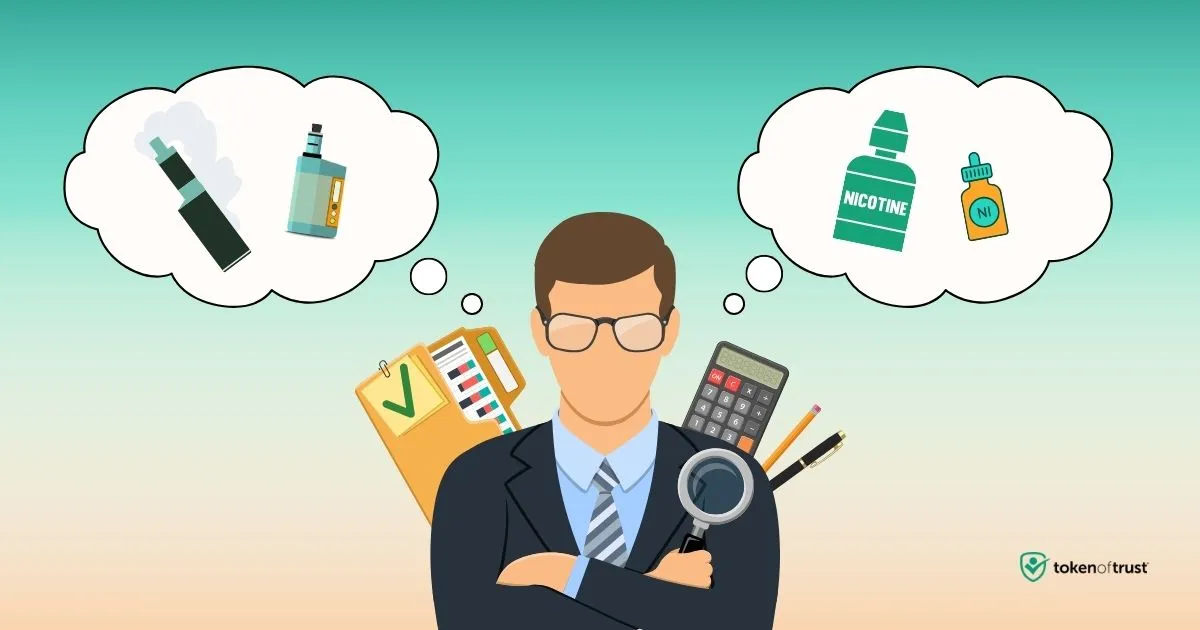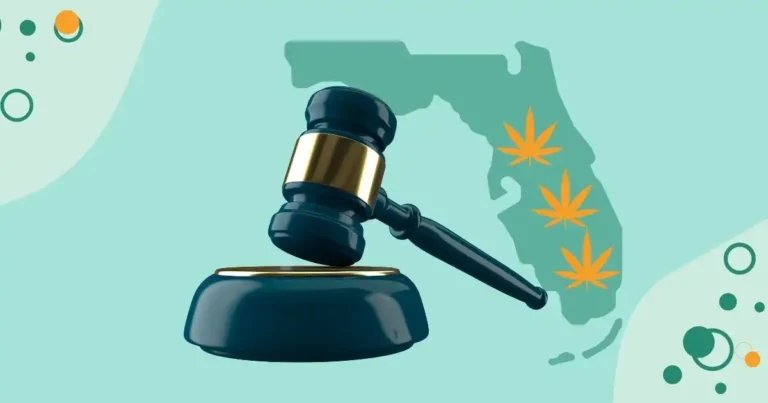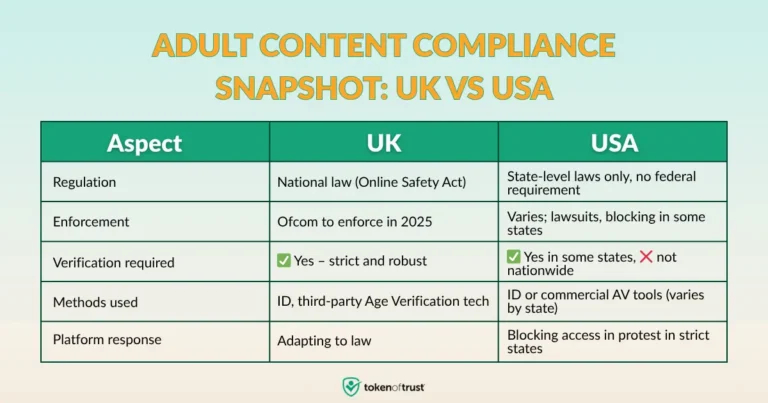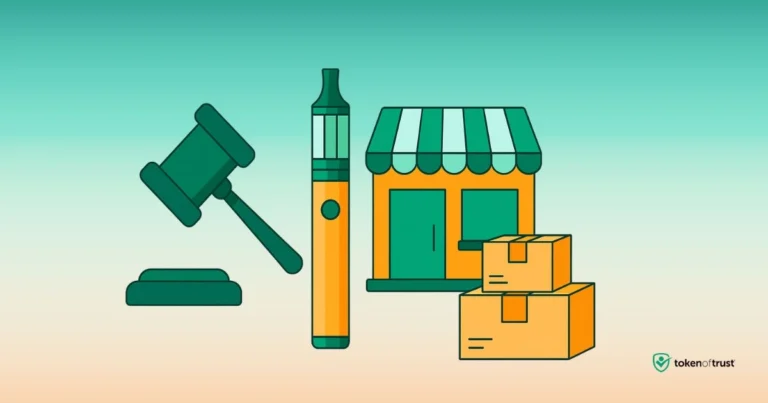State Compliance Guide: Vape & Nicotine 2025
As state-level regulations evolve across the U.S., manufacturers, distributors, and retailers of vapor and alternative nicotine products are entering a more complex compliance environment. With excise tax hikes, product certification mandates, and stricter sourcing rules rolling out in the second half of 2025, staying ahead of these changes isn’t optional.
In this article, we’ll break down the key state-by-state regulatory updates affecting the industry, what they mean for your operations, and how businesses can build scalable compliance strategies across jurisdictions.
California: Excise Tax Increase to 54.27%
Effective July 1, 2025, California will increase its excise tax on all non-cigarette tobacco and vapor products to 54.27% of wholesale cost. This update stems from a scheduled recalibration under CA Revenue & Taxation Code § 30123(b) and is one of the highest tax rates in the country for this category.
For businesses, the implications are clear:
- SKU-level tax tables must be updated to reflect the new rate
- Margin impacts should be analyzed ahead of Q3 inventory planning
- Automated compliance systems are crucial to avoid misreporting or penalties
Companies operating in California should prioritize integrating dynamic tax engines that can adjust to mid-year rate changes without requiring manual recalibration.
Indiana: CSC & OTP Tax Doubles, PACT Template Updated
Starting July 1, 2025, Indiana will double its tax rate on closed-system cartridges (CSCs) from 15% to 30% of the wholesale price. In addition, alternative nicotine products, including pouches and dissolvables, will also face the same 30% rate.
Key changes include:
- Tax policy shift impacts both CSCs and OTPs
- Moist snuff remains taxed at $0.50 per ounce
- A new PACT Act reporting format will be required for monthly submissions
Businesses should begin reviewing SKUs affected by this rate change and preparing internal systems to capture data in the revised PACT reporting structure.
Nevada: Revised PACT Reporting Format
While Nevada’s changes don’t involve new taxes, the compliance lift remains significant. As of July 2025, the state will require all nicotine, vapor, and tobacco shipments to follow a new monthly PACT reporting format.
With no announced grace period, companies need to:
- Update internal reporting workflows to align with Nevada’s revised structure
- Validate report data before submission to avoid rejections or penalties
- Centralize historical reporting records for audit readiness
This underscores the importance of having a reporting platform that can dynamically adapt to state-specific PACT format changes without the need for custom builds.
North Carolina: Product Bans, Registration & New Taxes
North Carolina’s regulatory overhaul goes live on July 1, 2025, and includes four major components:
- Ban on Unauthorized Disposable Vapes: Only FDA-authorized or PMTA-submitted disposable products are permitted for sale. Flavored brands like Elf Bar and Lost Mary will be prohibited.
- Manufacturer Certification Requirement: Manufacturers must register every vapor product with the state’s Vapor Directory, with fees set at $2,000 per SKU initially and $500 annually.
- New Excise Tax for Nicotine Pouches: Non-tobacco nicotine products will be taxed at $0.10 per container (up to 20 units), and $0.005 per unit beyond that.
- Enforcement Authority: The Alcohol Law Enforcement (ALE) division will manage oversight, including fines, seizures, and license suspensions.
For compliance teams, this means implementing product tracking tools and integrating flavor restrictions directly into product listings and inventory systems.
Tennessee: Vapor Product Registration & Sourcing Restrictions
Effective August 1, 2025, Tennessee will enforce both upstream and downstream controls over vapor product distribution:
- Manufacturers must register each vapor product with the Department of Revenue for inclusion in a new product directory.
- Retailers will be restricted to purchasing only from licensed wholesalers or distributors that carry approved products.
This closed-loop sourcing model requires traceability across the supply chain. Manufacturers need tools to manage product registrations, while retailers must validate vendor licensing and product listing status.
Wisconsin: Device Certification Mandate with Daily Penalties
Wisconsin’s certification rule targets e-cigarette devices sold in the state. Beginning July 1, 2025, all devices must be certified through the My Tax Account portal, with a $500 fee assessed per device.
Additional enforcement details:
- Certification is required annually
- Sales of non-certified devices are prohibited
- Violations can incur $1,000 per day, per device
- A public Certified Device Directory will launch on September 1, 2025
For hardware-focused brands, proactive registration and SKU compliance are critical to avoiding steep fines and product delistings.
Mississippi: ENDS Product Certification & Sell-Through Grace Period
Mississippi’s new rules require all ENDS product manufacturers to submit annual certification to the Mississippi Department of Revenue (MDOR) by September 1, 2025. Certified products will appear in a public directory launching October 1, 2025.
Retailers will have a 60-day grace period to sell through or remove non-certified products. After that, only listed SKUs may be sold.
Manufacturers should begin documentation preparation for directory submission, while retailers should prepare to cross-reference their inventory against the state-published list.
Navigating Compliance Across Jurisdictions
These state-level changes underscore a broader shift: compliance isn’t just a regulatory function anymore — it’s an operational discipline.
For businesses in the vapor, nicotine, and tobacco space, managing compliance manually is no longer sustainable. With different tax rates, certification deadlines, product bans, and reporting formats in play, operational efficiency now depends on:
- Automated tax and directory systems
- SKU-level inventory intelligence
- State-specific PACT and excise reporting integrations
- Centralized compliance monitoring dashboards
Token of Trust helps businesses manage compliance end-to-end across all 50 states. Whether you’re preparing for new directory requirements, revising tax workflows, or upgrading your PACT reporting processes, our tools reduce risk, cut manual work, and keep you aligned.
Every missed registration, misfiled SKU, or outdated tax table costs you time, margin, and credibility. Token of Trust eliminates those risks with scalable, audit-ready compliance. Book a demo and see how.






